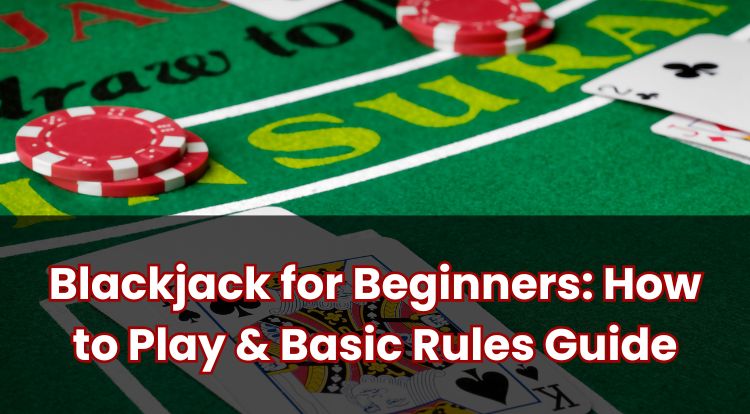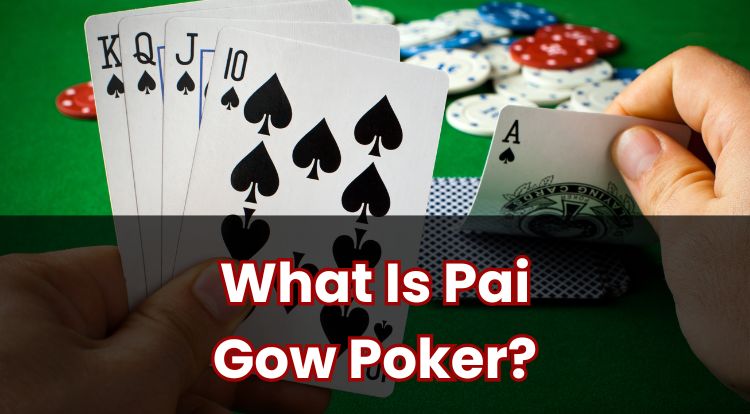Does the Dealer Always Win Blackjack? House Edge Explained
Blackjack is one of the most well-known card games found both in-person at casinos and on many online platforms. If you have ever wondered whether the dealer always has the upper hand, or why players sometimes walk away with less than they started, you are not alone. Many people hear about winning streaks or “beating the dealer,” but what does it all mean in reality?
This post takes you through the basic ideas behind how blackjack works and explains the concept of the house edge in simple terms. If you are curious about why results can vary, or want to understand how online versions might follow slightly different rules, keep reading.
What Does the Dealer Do in Blackjack?
The dealer is the person or computer who manages the game. In a standard blackjack game, the dealer gives out two cards to each player and two to themselves. Only one of the dealer’s cards is visible to everyone at the table, while the other remains face down until later.
The dealer acts after all players have taken their turn. You choose whether to take another card or stick with your total before the dealer reveals their hidden card. The dealer then completes their hand based on fixed rules. In most UK games, the dealer takes a card on 16 or less and stops on 17 or more.
Unlike players, the dealer does not use personal judgement. They follow the table rules exactly, every time. Online blackjack typically mirrors this, although the number of decks and certain options can vary between versions. A quick look at the rules section of any game will show you the specific setup.
Players should always remember to gamble responsibly and within their means- never wager more than you can afford to lose.
Why Does the Dealer Have an Advantage in Blackjack?
The dealer’s advantage mainly comes from the order of play. Players act first. If a player takes another card and goes over 21, they bust and lose their stake immediately, even if the dealer would have gone over 21 on their turn. The dealer never loses to a player who has already bust, and ties with the dealer are returned to the player as a push, not a win.
This structure means that some losing outcomes are decided before the dealer even finishes their hand. Over many rounds, those early losses add up. Most tables use multiple decks, and the game is set up so the casino earns a small, consistent margin in the long run.
Automatic shuffling and other dealing procedures used online and in venues are there to keep the game unpredictable and to prevent card-tracking techniques.
How Does the House Edge Work in Blackjack?
The house edge is the long-term percentage of total bets the casino expects to retain. It is not a prediction for any one hand or session. In UK-style blackjack, the typical house edge, when playing with sound decisions, usually sits somewhere around 0.5% to 2%. As a simple illustration, if a game’s edge is 1%, the casino expects to keep about £1 for every £100 wagered overall.
Several table rules and options influence that percentage. Before getting into dealer behaviour next, here are the main factors to look out for, as they make a measurable difference over time:
- Payout for a blackjack, for example 3:2 versus 6:5
- Whether the dealer stands or hits on a soft 17
- Number of decks used in the shoe
- Options for doubling down and splitting pairs, including whether you can double after a split
- Late surrender or no surrender
- Whether the dealer peeks for blackjack when showing an Ace or 10-value card
Even small changes can move the edge. As one example, tables where the dealer hits on soft 17 usually increase the house edge by a small amount compared with standing on all 17s. Most online games list these rules in the information or help section, so a quick read helps you understand what to expect before you begin.
Dealer Rules in Blackjack Explained
In blackjack, the person or computer acting as the dealer follows fixed rules. They draw a card on totals of 16 or lower, then stop at 17 or more. A “soft” total is any hand where an Ace counts as 11 without going over 21. For instance, Ace and 6 is a soft 17, while 10 and 7 is a hard 17.
Some tables require the dealer to take another card on soft 17, while others require them to stand. Hitting on soft 17 can slightly increase the house edge, because it gives the dealer another chance to improve certain hands. Standing on all 17s trims that edge a little, which is why many players actively seek out those games.
Dealers reveal their face-down card only after all players have completed their turns. If the dealer’s total goes over 21, the dealer loses to every player who has not bust. These rules apply in both live and online versions, although the exact settings vary by game and provider.
Can Players Ever Beat the Dealer?
Yes. Players regularly win individual hands by ending with a higher total than the dealer or by still being in the round when the dealer busts. Results swing back and forth, and it is common to see players finish sessions up or down by varying amounts.
Players often follow basic blackjack strategy, which uses the player’s cards and the dealer’s visible card to guide decisions. This approach does not remove the house edge, but it can lower it towards the lower end of the typical range. Each deal is independent, and outcomes vary as the cards are shuffled and dealt.
Online games use certified random number generators or real cards in live dealer formats to deal hands in a way that cannot be predicted. As mentioned earlier, small rule differences, such as whether the dealer hits on soft 17 or the payout for a blackjack, affect long-term results. Checking the game details might help set expectations before potentially placing any bets.
Blackjack Payouts and Their Impact on the House Edge
The way a table pays out has a direct effect on the house edge. A “blackjack” is when your first two cards total 21 with an Ace and a 10-value card. Traditionally, this pays 3:2, so a £10 stake returns £15 in winnings.
Some tables offer blackjack at 6:5 rather than 3:2. On a £10 stake, 6:5 pays £12, which is £3 less than the traditional payout. That change alone lifts the house edge by a noticeable amount, which is why many players prefer to play where blackjacks pay 3:2.
Standard winning hands, where you simply beat the dealer without a blackjack, pay at 1:1. So a £10 win returns £10 in winnings. If the dealer’s upcard is an Ace, you may be offered insurance, a side bet that usually pays 2:1 if the dealer has a blackjack. Insurance generally carries a higher house edge and is not favourable for most situations, which is why many players decline it unless a specific rule set or scenario justifies it.
Play Blackjack Online at Red Casino
Get started with blackjack at Red Casino, where you can pick from classic tables, live dealer games with real-time dealing, and themed versions with clearly displayed rules. Whether you are new to the game or prefer a particular rule set, you will find options that match how you like to play.
Red Casino is licensed and regulated in the UK. Our games use certified technology or live dealing to ensure proper shuffling and fair outcomes, and each table includes an information page that sets out the rules, payouts and any special options.
Registration is straightforward, with clear guidance on deposits, stakes and withdrawals. Player protection tools, such as deposit limits and self-exclusion, are available in your account settings if you wish to use them.
**The information provided in this blog is intended for educational purposes and should not be construed as betting advice or a guarantee of success. Always gamble responsibly.
*All values (Bet Levels, Maximum Wins etc.) mentioned in relation to these games are subject to change at any time. Game features mentioned may not be available in some jurisdictions.




